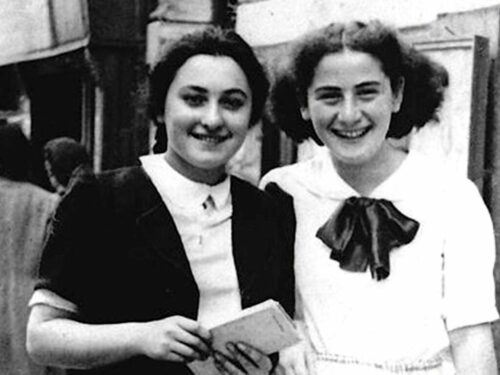The Army captain was dying
in a vivid sunflower field in Ukraine.
From that morning there remained
just a third of the battery charge in his phone,
and some lingering minutes of credit.
It was clear to the captain:
There will be no mercy to anyone captured,
as there would be no welcoming music,
to whoever escaped this calamity whole and alive,
as the price of a life was declining abruptly.
All night long, after a bloody and desperate day,
he led a diminishing platoon of young soldier-survivors
through the fields and ravines under heavy artillery rounds
as the Russians,
abundant in their ammunition reserves kept it coming,
distributing death in measured proportions…
It appeared that the air was burning
as were all the sharpened remnants of the officer’s oath…
In the morning, a Russian sharpshooter picked out
the rest of the most inexperienced fighters
from the captain’s platoon,
while wounding the captain, denying him use of his legs,
which he covered in soil.
As the captain observed, the enemy was closing in,
getting out through shallow ravines was no longer an option.
He took out his old but reliable phone
and attempted to dial a number in Kyiv,
at home, on the left bank of the Dnieper,
his wife answered in jubilant voice:
Dear, finally! We were so worried,
the nightmares we see are so awful,
you really should try and call more often,
you are exhausting us with all these worries,,,
As his daughter, a student accepted to study abroad,
then grabbed the phone and demanded:
come home soon daddy, we really miss you…
He envisioned them both in the kitchen,
watching American sitcoms on the Soviet era TV,
while the captain–in and out of consciousness, smiled and spoke:
Girls, I love you so much!
What’s with those pesky felines of ours–the carpet destroyers?
How are things with “Dinamo”,
good soccer, are they on the ball,
as the season is rolling?…
A battered, bullet-ridden Ukrainian army emergency ambulance
somehow got through the encirclement,
and suddenly appeared from nowhere,
as the nurse and doctor tried to get the captain inside…
The Russian tanks were fast approaching from the side of the ravine…
The ringing…It was either a church bell or a concussion…
The captain could not really tell.
The paratroopers who followed the tanks shot the nurse dead right away…
They were hesitating as to what to do with the doctor,
when one of the Russian officers appeared to have recognized him–
they were in the same Soviet unit serving in Afghanistan in the 80’s…
Thus, August of 2014 burned over Ukraine… The captain was dying.
It shall forever remain unclear whether
there was reproach in the eyes of the captain.
As lingering as that burning August air is the rhetorical question:
Who will be burdened with all the forgiving to be done…
In accordance with the unspoken terms of the criminal elite, or conceivably
through the guidance of the Scriptures or perhaps the concepts of the Qur’an?…
–Gari Light, CONFLUENCES











